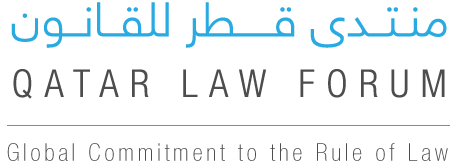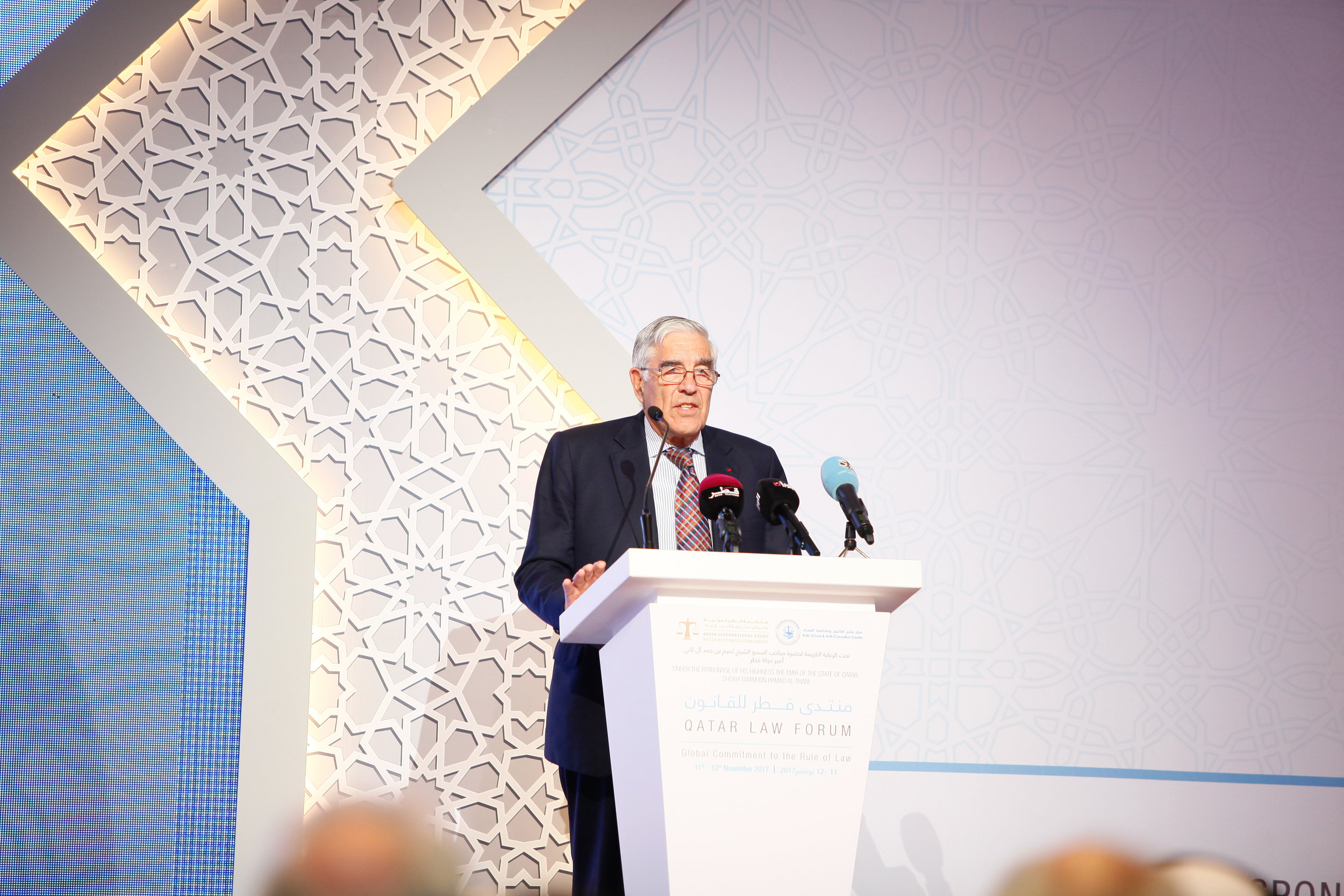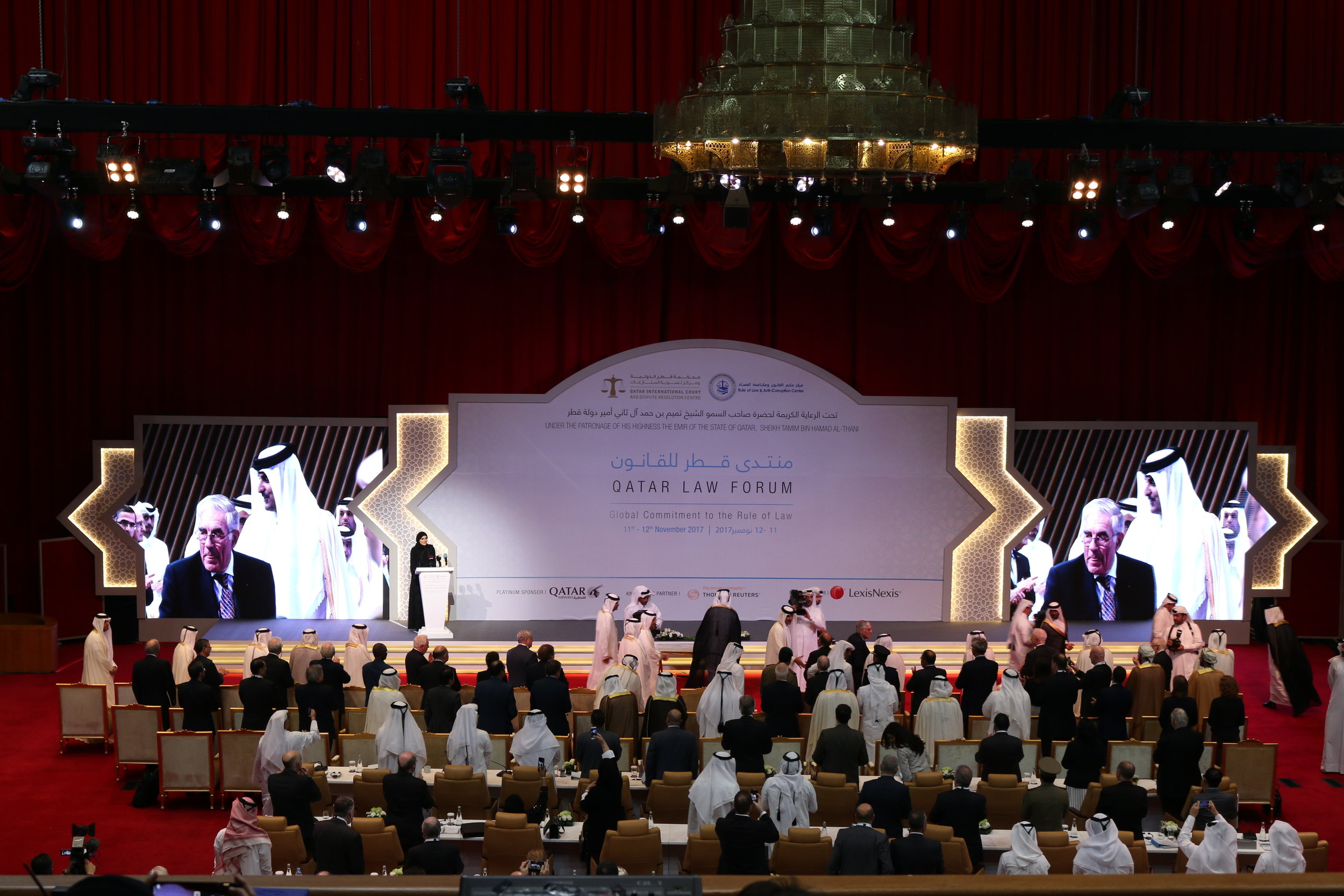


About | 2017
2017 Edition
About | 2017
2017 Edition
The focus of Qatar Law Forum 2017 was Goal 16 of the United Nations Sustainable Development Goals: Peace, Justice and Strong Institutions. If society does not offer peace, stability, human rights and effective governance based on the rule of law we cannot hope for sustainable development.
Qatar Law Forum 2017 provided an opportunity to identify some practical steps toward the realisation of Goal 16. Given the standing of the delegates, the Forum provided an unparalleled opportunity for face to face dialogue and it was intended that as in previous Forums the impact of discussions initiated will continue far beyond the Forum.
There were four plenary sessions all interlinked to Goal 16 and the rule of law:
The Rule of Law – Combatting Corruption
The Rule of Law – Protecting and Enabling Displaced Persons
The Rule of Law – Strong and Judicial Institutions; Tackling Delay
The Rule of Law – Financial Inclusion
Following the successful format of the previous years, all sessions were discussion based. Integral to the programme is the role of young lawyers from around the world and within Qatar, and the Forum played a part in further nurturing the cornerstone of a future legal community committed to the rule of law.

Key People | 2017
KEY PEOPLE
Key People | 2017
KEY PEOPLE
Agenda | 2017
Agenda | 2017
Agenda
Friday, 10th November
-
Registration on arrival
-
Reception
Hosts:
H.E. Dr. Ali Bin Fettais Al-Marri, The Attorney General of Qatar
Lord Phillips, President of the Qatar International Court and Dispute Resolution Centre
Saturday, 11th November
-
Registration Continues
-
Coffee
A Rule of Law Discussion by Young Lawyers studying in Qatar
(Click for more info.)
-
Welcome to the 3rd Qatar Law Forum on the Rule of Law
-
Plenary Session 1:
The Rule of Law - Combatting Corruption
(Click for more info.)
-
Coffee
-
Plenary Session 2:
The Rule of Law - Displaced Persons
(Click for more info.)
-
Buffet Lunch
-
Plenary Session 3:
The Rule of Law - Modern Slavery
(Click for more info.)
Sunday, 12th November
-
Coffee
-
Welcome and Official Opening
(Click for more info.)
-
Coffee
-
Plenary Session 4:
The Rule of Law – Access to Justice
(Click for more info.)
-
Plenary Session 5:
The Rule of Law - Financial Inclusion
(Click for more info.)
-
Closing Remarks
Faisal Al-Sahouti, CEO, The Qatar International Court and Dispute Resolution Centre
-
Buffet Lunch
Certificates of participation wil be available
Organisers | 2017
Organisers | 2017
Organisers
-
Convenors
-

H.E. Ali Al Marri
The Attorney General for the State of Qatar -
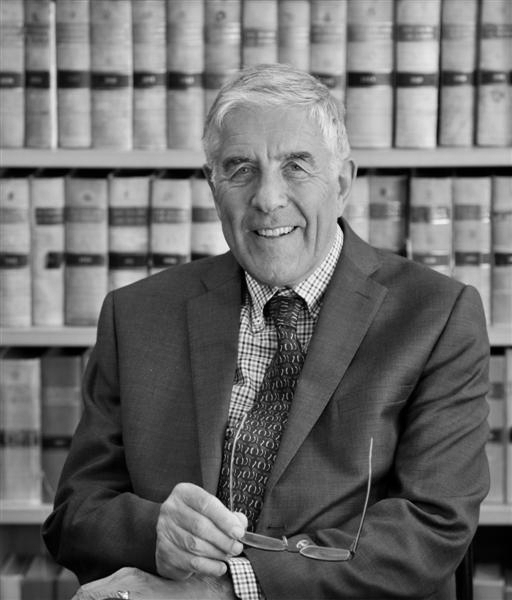
Rt. Hon. Lord Phillips of Worth Matravers
President of the Qatar International Court and Dispute Resolution Centre
-
Special Advisors
-
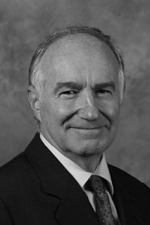
The Hon. Mr. Justice Blair
Judge of the High Court, England and Wales -
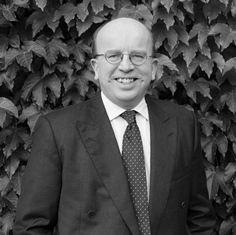
The Hon. Mr. Justice Knowles
Judge of the High Court, England and Wales
-
Executive Board
-
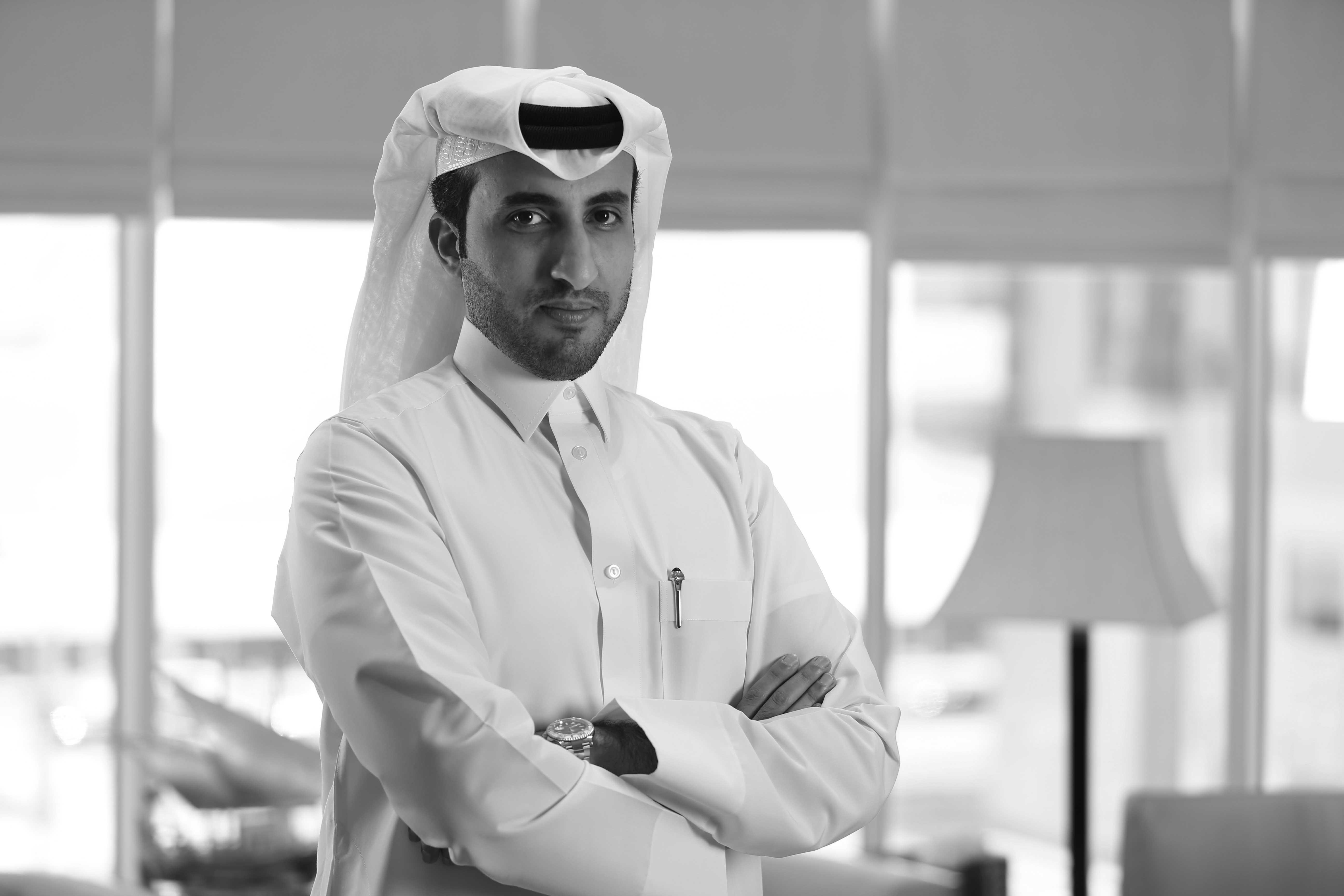
Faisal Al Sahouti Chairman
Chief Executive, Qatar International Court and Dispute Resolution Centre -

Firas Ahmed Member
Head of International Relations, Public Prosecutors Officer -
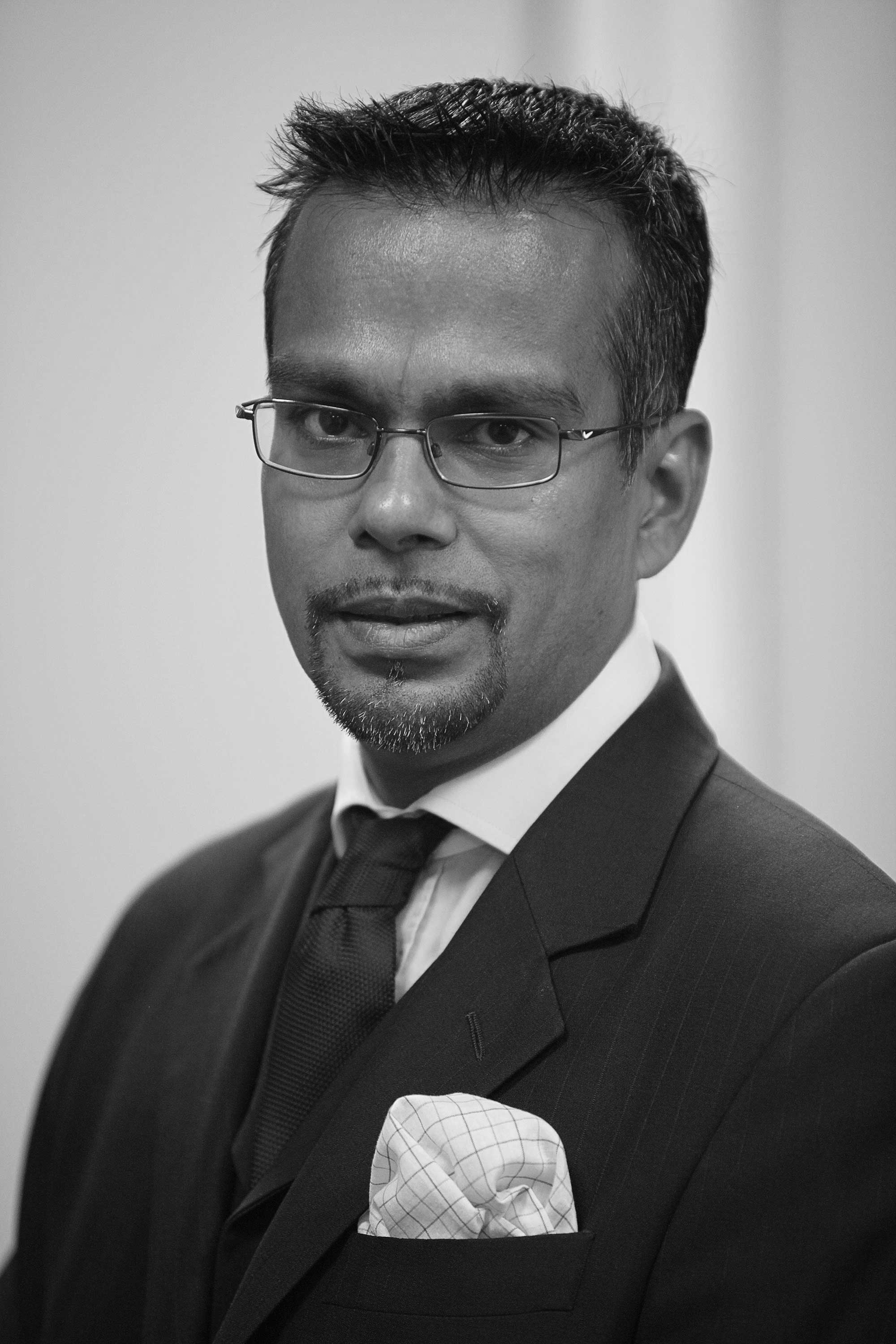
Mizan Abdulrouf Member
Barrister, London, England
Organising Members:
QICDRC |
Christopher Grout, Abdolrahman Abdulkarim, Fatma Al-Bishri, Omar Ashour, Tala Sweiss, Khalifa Mahjob
ROLACC |
Ghada Darwish, Nada Mansour, Robert Pennington, Nawfal Sabbar
JUDY LANE INTERNATIONAL CONFERENCE SERVICES LTD |
Judy Lane, Annie Dunster, Dawn O’Hanrahan, Marc Pursals, Stefanie Blankestijn
